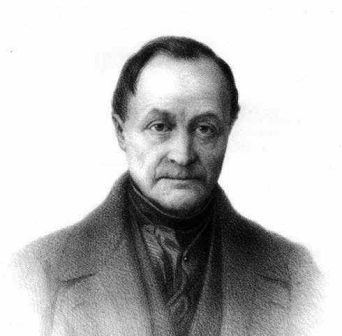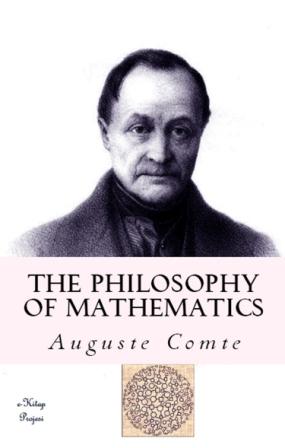More Search Results...

Isidore Auguste Marie François Xavier Comte (19 January 1798 – 5 September 1857), better known as Auguste Comte, was a French philosopher. He was a founder of the discipline of sociology and of the doctrine of positivism. He is sometimes regarded as the first philosopher of science in the modern sense of the term.
Influenced by the utopian socialist Henri Saint-Simon, Comte developed the positive philosophy in an attempt to remedy the social malaise of the French Revolution, calling for a new social doctrine based on the sciences. Comte was a major influence on 19th-century thought, influencing the work of social thinkers such as Karl Marx, John Stuart Mill, and George Eliot. His concept of sociologie and social evolutionism set the tone for early social theorists and anthropologists such as Harriet Martineau and Herbert Spencer, evolving into modern academic sociology presented by Émile Durkheim as practical and objective social research.
Comte’s social theories could have culminated in the “Religion of Humanity”, which might have influenced the development of religious humanist and secular humanist organizations in the 19th century. Comte might possibly have coined the word altruisme (altruism).
The Philosophy of Mathematics
Series: Orange Line Academic Books
Genres: Mathematics & Geometry, Science & Nature & Philosophy Books
In The philosophy of mathematics, mathematics employee classification efforts to understand the philosophy is the branch.
More info →
































